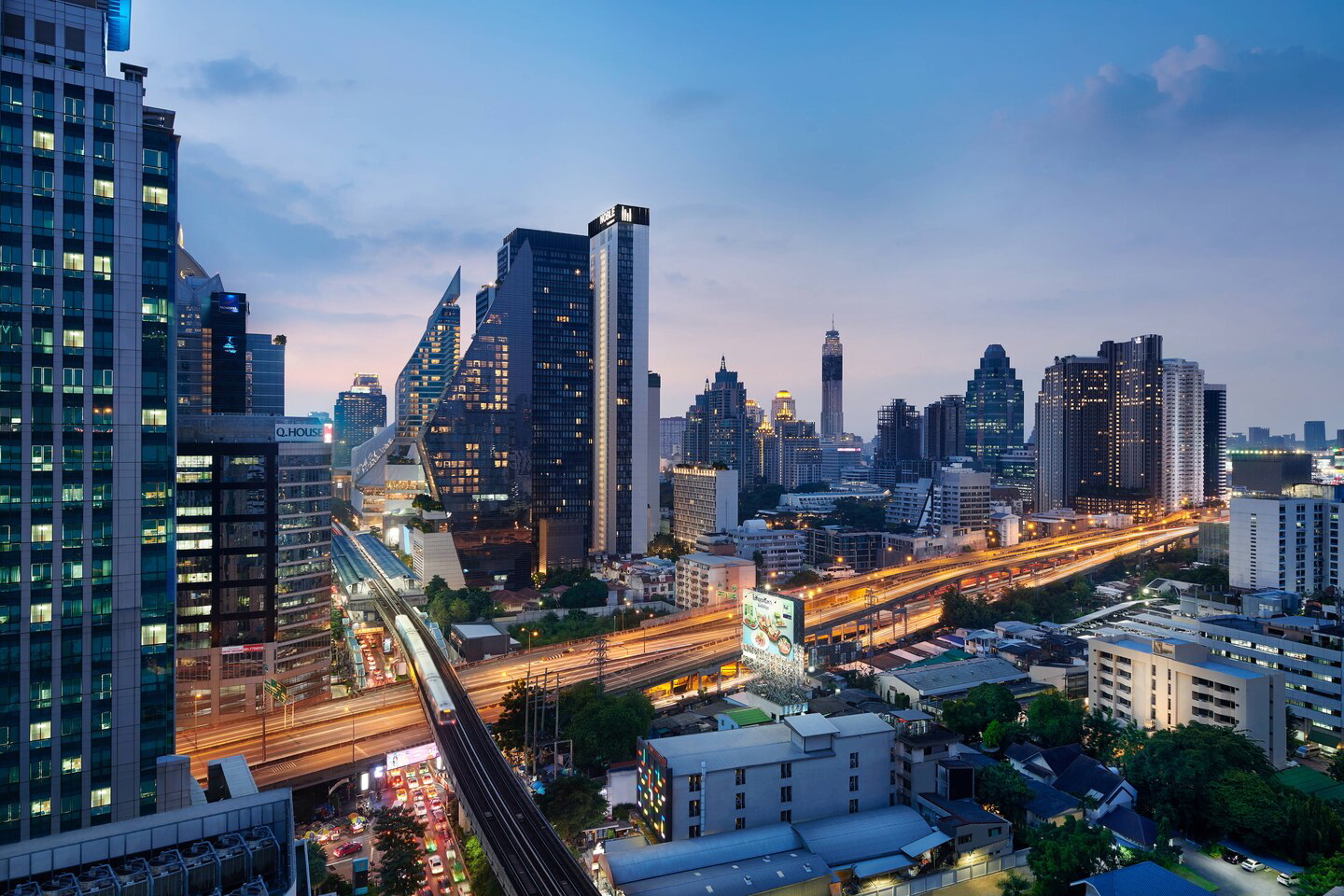|
Marriott International has said that RevPAR in
Asia Pacific declined 24.7 percent
through February, with Greater China down 52.1 percent and the
rest of Asia Pacific down 8.4 percent, due mainly to the COVID19
outbreak in the region.
Today, there are very early signs of improvement in
Greater China, as workers return to their jobs. The number of
closed hotels in Greater China has declined from over 90 hotels a
month ago to under 30 today. While occupancy levels in Greater
China are still under 15 percent today, this is an improvement,
and trend lines are pointing in the right direction.
In the rest of the world, where the crisis is much
more recent, the trend lines are still negative. North America and
Europe have seen occupancy levels below 25 percent over the last
few days, compared to around 70 percent a year ago.

Marriott has said that it could see further
erosion in performance in the weeks ahead and does not expect to
see material improvement until there is a sense that the spread of
the virus has moderated.
While there have been historically high levels of
cancellations for stays through the first half of this year,
Marriott says there
have not yet been meaningful group cancellations for 2021 related
to COVID19, and many group customers are at least tentatively
rebooking for later in 2020.
Arne M. Sorenson, President and Chief Executive Officer of Marriott International,
said, �The travel industry is being impacted in unprecedented ways
by COVID19. As the virus and efforts to contain it have spread
around the world, demand at our hotels has dropped significantly.
We are working tirelessly to take care of our associates, our
guests, our owners and our other key stakeholders. The situation is changing by the day and
there is still tremendous uncertainty, but we feel it is important
to share an update on some of what we have seen to date and
describe key measures we are executing to mitigate the impact of
COVID19. While we cannot predict today how long this crisis will
last, we know that it will get behind us. And when it does abate,
lodging demand will rebound. We are confident that our company has
the expertise and the resources to weather this crisis.�
Global RevPAR
growth in the first two months of the year was down 0.3 percent
worldwide and up 3.2 percent excluding Asia Pacific.
For January and February, RevPAR increased
3.5 percent in North America, with full-service hotels
particularly strong, up 4.4 percent.
Europe RevPAR was up 3.2
percent, while Caribbean and Latin America increased 1.2 percent
and Middle East and Africa RevPAR was flat for the first two
months.
MITIGATION PLANS
The company is taking numerous proactive steps to
mitigate the negative financial and operational impacts of
COVID19.
At the property level, contingency plans include measures such as
closing F&B outlets, reducing staff and closing
floors or even entire hotels.
The company has also temporarily
deferred most brand standards to help owners and franchisees,
including delaying renovations due in 2020 by one year, deferring
required furniture, fixtures and equipment funding and suspending
brand standard audits.
At the corporate level, these steps include making
significant cuts in senior executive salaries, requiring temporary
leaves in North America, shortening work weeks around the world
and cancelling non-essential travel and spending.
Marriott estimates these cost cutting
measures will reduce 2020 corporate general and administrative
costs by at least $140 million and as
additional measures continue to be implemented, this number is
expected to grow.
The company has also taken steps to dramatically
reduce costs related to programs and services that hotels
reimburse it for, such as marketing costs, to be more in-line with
the expected decline in funding given likely lower system wide
revenues.
The company has reviewed its investment spending
plans and currently expects to eliminate or defer at least
one-third of its prior forecast of $700 to $800 million of spend
in 2020, generally proceeding with funding only when the company
was previously obligated.
BALANCE SHEET UPDATE
In the current environment, a major priority is
preserving liquidity. Marriott has a $4.5 billion revolving credit
facility that expires in June 2024 to provide liquidity when
needed. As of 17 March 2020, the company has drawn down $2.5 billion
primarily to support commercial paper maturities. The company�s
levers to preserve cash include reducing or eliminating share
repurchases, suspending the cash dividend, reducing payroll and
other costs and cutting back investment spending. The company has
not repurchased shares in 2020 other than the $150 million of
share repurchases reported in February,
and Marriott anticipates that its previously announced first
quarter 2020 dividend, payable on 31 March 2020, will be the last
until conditions improve.
See latest
Travel News,
Interviews,
Podcasts
and other
news regarding:
Marriott,
COVID19.
|
Headlines: |
|
|
